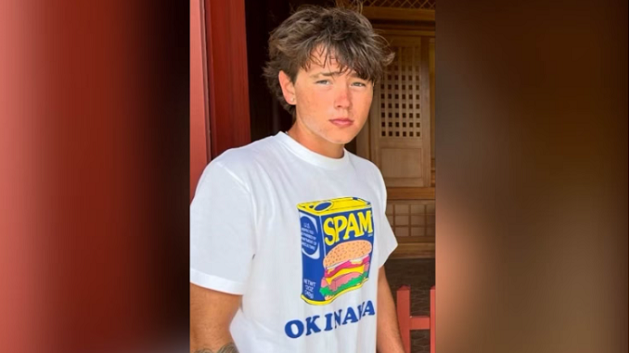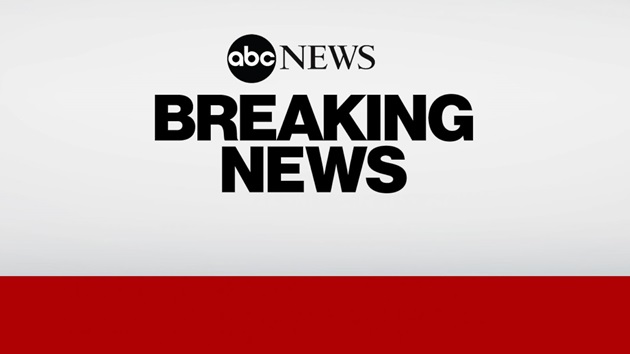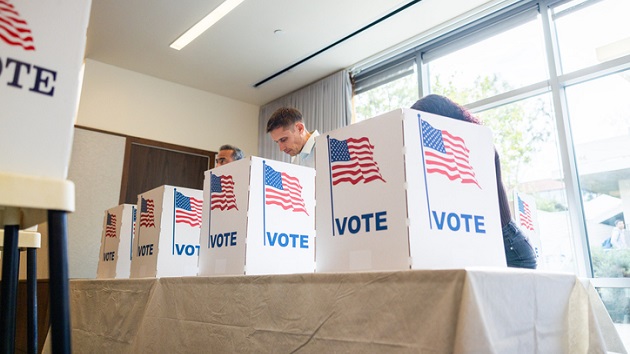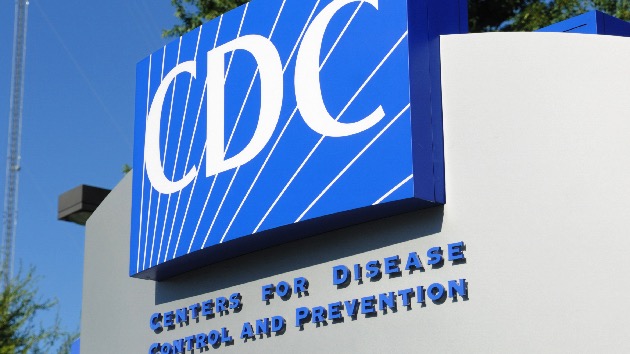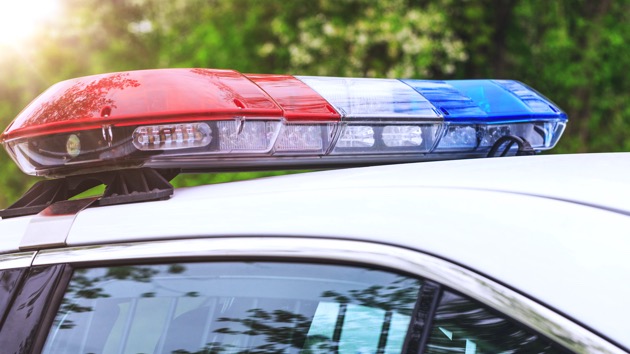Judge denies Ghislaine Maxwell’s request for private juror screening
Written by luck on October 22, 2021
(NEW YORK) — A federal judge on Thursday denied requests from Ghislaine Maxwell, the accused accomplice of deceased sex offender Jeffrey Epstein, to have prospective jurors for her criminal trial questioned privately — outside the view of the public and the press — and to keep a jury questionnaire under seal.
Maxwell’s attorneys had argued that the extraordinary measures were necessary to effectively screen for potential bias and for exposure to a “tsunami” of publicity about the high-profile sex-trafficking case.
“This case amplifies the likelihood that jurors will be more apprehensive and constrained to respond openly and honestly in open court within earshot of other jurors, members of the public, and the media,” Maxwell attorney Bobbi Sternheim wrote in a court filing last week.
The proposal from Maxwell’s defense team, which federal prosecutors opposed, would have been a departure from typical procedure in the Manhattan federal court where her trial is scheduled. In most instances, a judge conducts screenings of groups of prospective jurors in open court after consulting with prosecutors and defense counsel about the questions to be posed.
In a court filing last week, prosecutors contended that Maxwell had presented “no persuasive reason” to depart from the “well-established practice.”
“The Court should ask most questions in open court and ask sensitive questions, such as those that relate to sexual abuse and media exposure, at sidebar,” wrote Assistant U.S. Attorney Alison Moe.
But Maxwell’s lawyers argued those conventional procedures are “inadequate” to ferret out potential bias and prejudice because of the sensitive nature of the charges and the “intense negative media coverage” about Maxwell and Epstein “in every conceivable form.”
“The negative publicity has been so pervasive, vitriolic, and extreme that Ms. Maxwell has been demonized in the press,” Sternheim wrote.
Private and individual questioning “would encourage potential jurors to answer questions more completely and honestly because the jurors would not be influenced by (or influence) the answers given by fellow jurors or fear embarrassment in giving an honest response,” Sternheim added.
U.S. District Judge Alison Nathan, who’s overseeing Maxwell’s trial, also denied a request to allow Maxwell’s lawyers and prosecutors to question each potential juror individually for up to three minutes after the court concludes its inquiries.
The initial jury pool for the case is estimated to include about 600 people, who will fill out jury questionnaires in early November, Nathan said. She expects to reduce the pool to about 50 to 60 people before she questions each prospective juror in person. The final panel will consist of 12 jurors and six alternates.
Late Wednesday, the Reporters Committee for Freedom of the Press and a coalition of 17 media organizations registered objections to Maxwell’s proposed secrecy surrounding the jury selection process, known as “voir dire.”
“Voir dire is a critical stage of criminal proceedings, and the public interest in favor of access to voir dire is correspondingly weighty,” RCFP attorney Katie Townsend wrote in a letter to U.S. District Judge Alison Nathan, who’s overseeing Maxwell’s case.
The media coalition, which includes ABC News, argued that a proposed jury questionnaire that was filed under seal last week by Maxwell’s attorneys — without government objection — should be made part of the public record. Maxwell’s lawyers contended the documents should remain sealed “to avoid media coverage that may prejudice the jury selection process.”
“Giving jurors the opportunity to view the questionnaire before they come to court to fill it out is like a take-home exam, and they can fill out all the answers and do all the research and decide what answers they want to put on those papers,” Sternheim said during the hearing Thursday. “I think there’s an opportunity for people motivated to want to sit on this jury for a variety of reasons.”
But Nathan ruled that Maxwell’s generalized concerns about media coverage were not sufficient to overcome the public’s First Amendment right of access to court proceedings, including the jury selection process.
“The parties’ sole rationale for sealing the submission is to avoid, at a general level, media coverage that may prejudice the jury selection process,” Nathan said. “But jurors are sworn to give true and complete answers to the questionnaire and voir dire.”
“If a juror is being dishonest, we will smoke that out,” the judge added.
Maxwell, 59, has pleaded not guilty to charges that she “assisted, facilitated and contributed” to Epstein’s abuse of four minor girls from 1994 to 2004. Prosecutors allege Maxwell befriended the young girls and helped to put them at ease, knowing that they would eventually be sexually abused by Epstein.
Maxwell’s lawyers have argued in court filings that federal prosecutors pursued charges against her as a “substitute” for Epstein, who died by suicide in a New York federal jail in 2019 while awaiting trial on sex trafficking charges.
Jury selection is set to begin in Maxwell’s case on Nov. 15, with the trial scheduled to open two weeks later.
Copyright © 2021, ABC Audio. All rights reserved.
